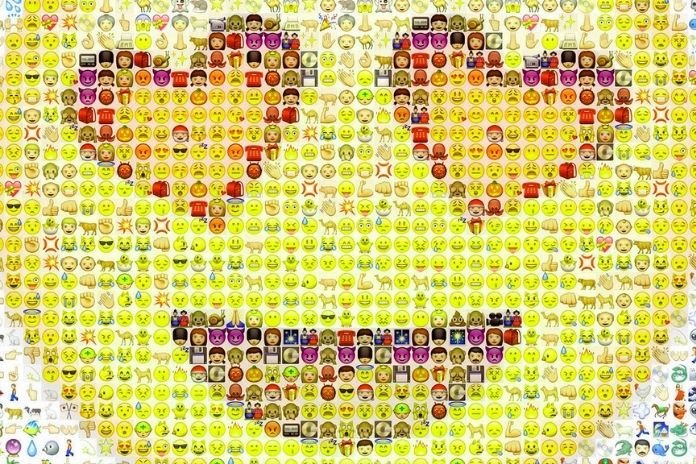Social Media Emojis: It all started with emoticons, which are facial expressions made up of punctuation, first appearing in an issue of a magazine in 1881.
Emojis became popular at the turn of the millennium and remain popular today. Nowadays, some studies show that emojis are essential not only for engagement but also for sales. This article will talk about the importance of emojis for your business.
Emoji On Social Media
The use of emojis is not neglected in social media! As a hashtag or reaction (on Facebook), the tiny symbols make postings livelier in post texts. On Facebook, there is even the possibility to add an emotional state and activity to a posting. Therefore, we would like to deal with these questions in this article:
- Does enriching content with emojis bring more than just a colorful appearance in users’ news feeds?
- Are emojis cool or cheesy?
- Should you use emojis, or shouldn’t you?
But popularity is not enough to prove a strategy for companies. Therefore, we have separated some reasons well supported by scientific studies. Emojis can make you look more friendly, increase your popularity on social media, and even make you happier off the internet.
Emojis Make You More Popular On Social Media
An analysis of more than 31 million tweets and half a million posts on Facebook proves that positive symbols can be a marker of status on social networks.
Emoticons Influence People
If you’ve ever wanted to be able to reach out and chat with your followers and fans face-to-face, here’s the good news: an emoticon might be the best option. People are influenced by emojis. And that, consequently, makes them buy more.
Emoticons Look Good Even In Business Environments
You may have heard that emoticons are unprofessional for communication in the work environment. This may continue to be true in some industries. Finally, these researchers found that the emoticons, in both cases, made the recipient of the message like the recipient more.
Emoticons Soften The Harshness Of A Criticism
Studies of communication in the work environment show that a positive emoji accompany negative feedback from a superior. Therefore, it is essential to note that emoticons with negative or unfriendly connotations have the opposite effect in some cases.
Emoticons Make You Look More Friendly And Competent
If you want to be more approachable, emojis are a good thing. In one study, participants interacted with researchers through an online chat tool. Finally, in the study, the researchers used or avoided emojis and emoticons, and after the conversation, their levels of “friendliness” and “competence” were evaluated.
Emoticons Create A Happier Work Environment
Researchers have long known the effect of negativity in an email. In this phenomenon, the recipient is more likely to receive the email with more negativity than the sender had planned. So if we don’t get a chance to share facial expressions and non-verbal cues in our emails, they can be challenging to interpret. In addition, they added emoticons that could help employees in remote locations more accurately “read” the emotional content of a message.
Emoticons Are Correlated With Offline Happiness
Finally, the last reason to consider adding emoticons to your online vocabulary? They can make you happy! Finally, the study also revealed that emoticons are “not only fun to use, but also “a valuable addition to communication methods.”
What was initially a phenomenon of text-based online communication has been conquering our Messenger and WhatsApp messages for years and the entire online and offline world. By that, we mean, of course: emojis!
Emojis are evolved emoticons and smileys. They serve, for example, to express emotional states and thus support the interpretation of the news. Meanwhile, there are emojis not only as yellow facial expressions. The selection on the smartphone keyboard includes over 1,600 emojis, which (besides facial expressions) also represent animals, nature, food, objects, and activities.
Also Read: Use Social Media To Target Customers
